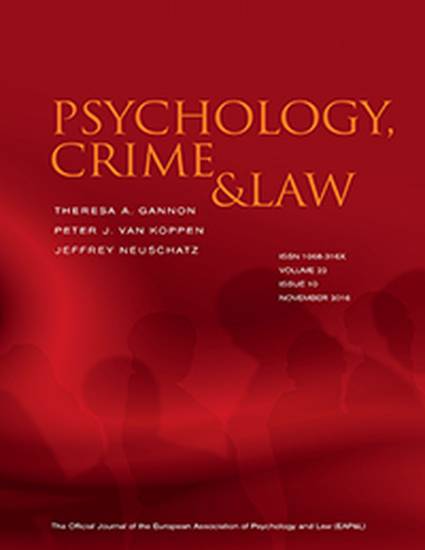
The present study examined the effects of automating the Relevant–Irrelevant (RI) psychophysiological detection of deception test within a mock-screening paradigm. Eighty participants, recruited from the local community, took part in the study. Experimental design was a 2 (truthful/deceptive) by 2 (human/automation) factorial. Participants in the deceptive conditions attempted deception on two items of an employment application. Examinations conducted with the automated polygraph examination were significantly more accurate than examinations conducted by the human polygraph examiner. Statistical analyses revealed different patterns of physiological responses to deceptive items depending upon the automation condition. Those results have potentially interesting theoretical implications. The results of the present study are clearly supportive of additional efforts to develop a field application of an automated polygraph examination.
Available at: http://works.bepress.com/charles_honts/17/
